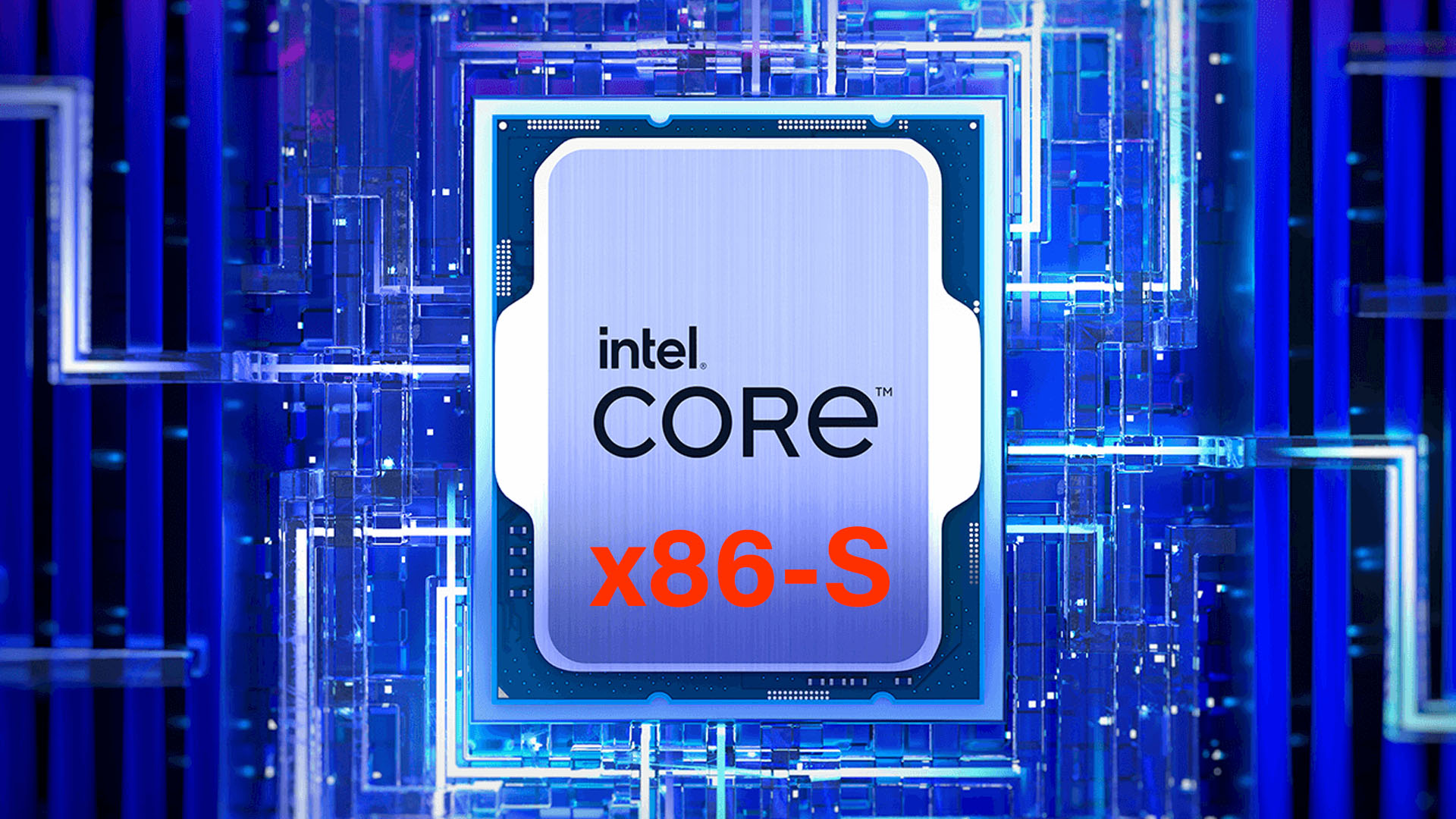
Intel proposes ditching 32-bit support with new x86-S architecture
A new whitepaper published by Intel explores the possibility of ditching 32-bit support and switching entirely to 64-bit, ending support for older software.
This is a lot to think about. Can see some really upset people.



